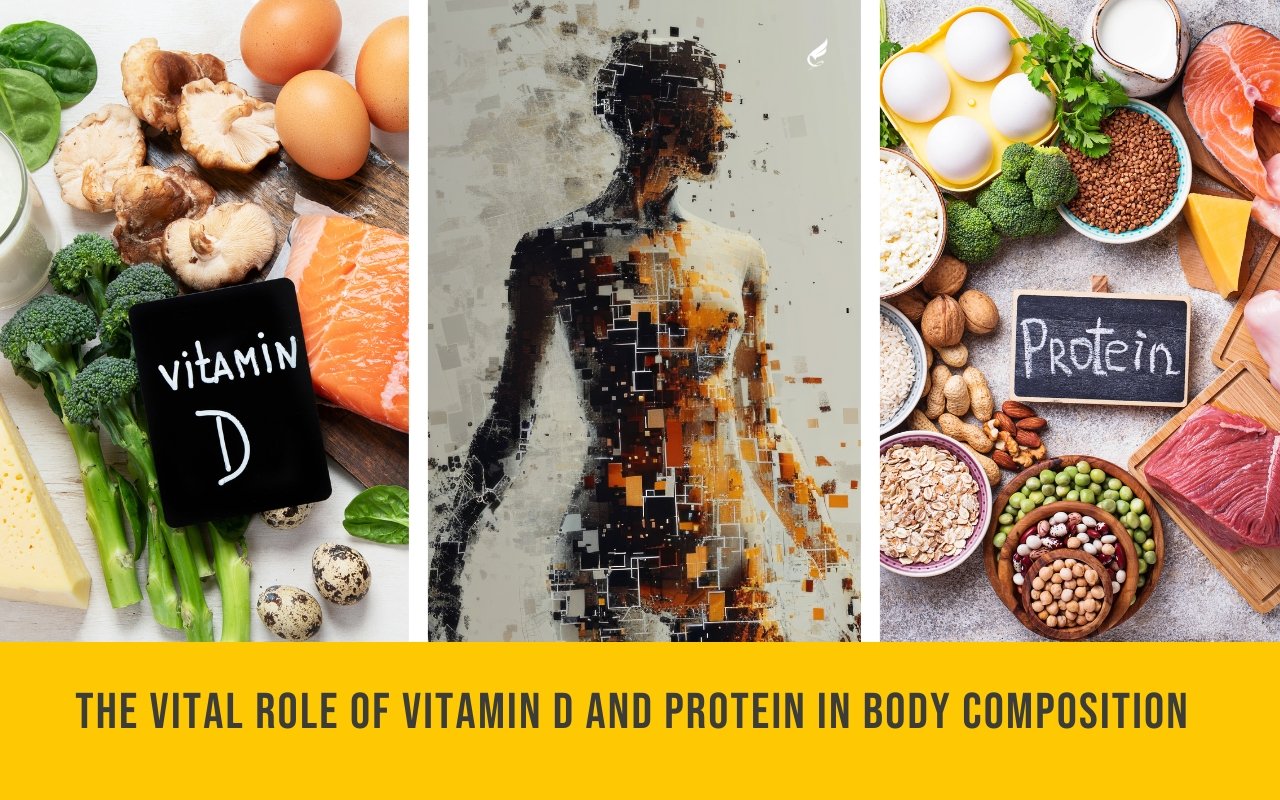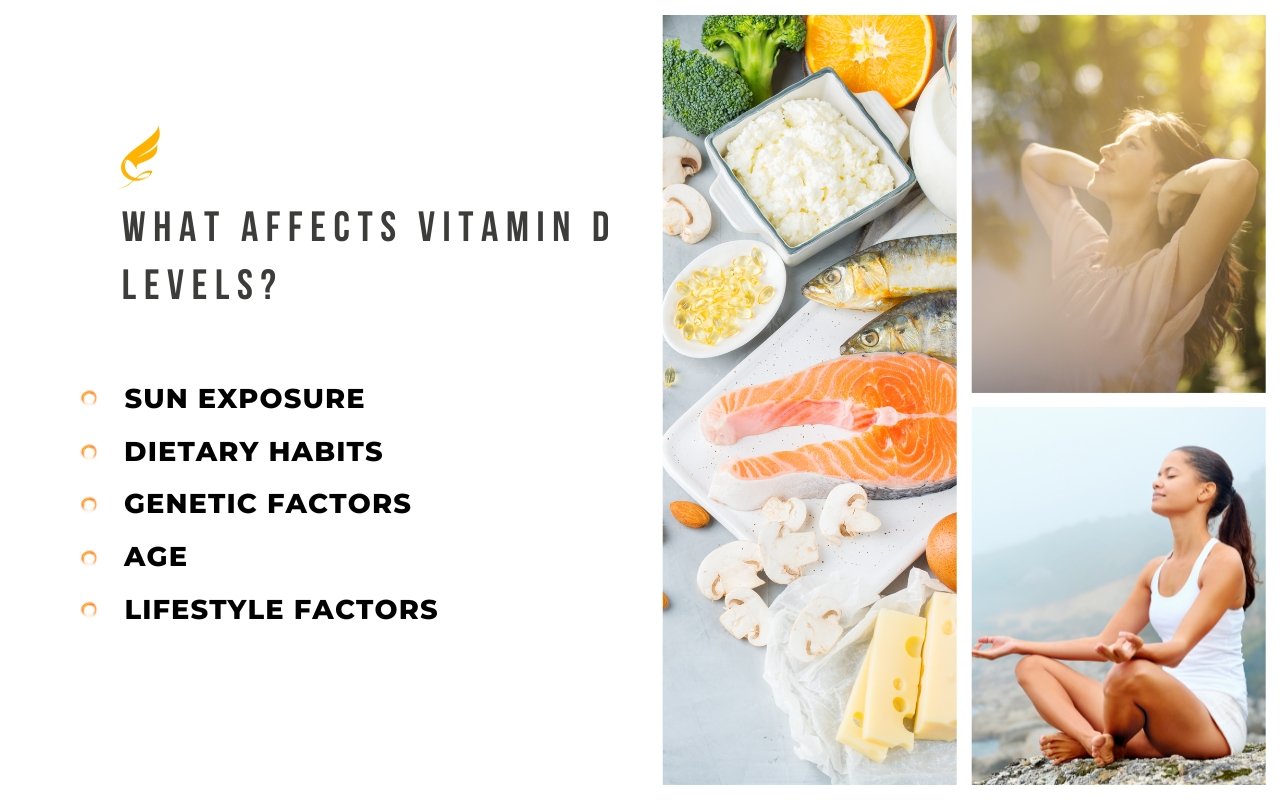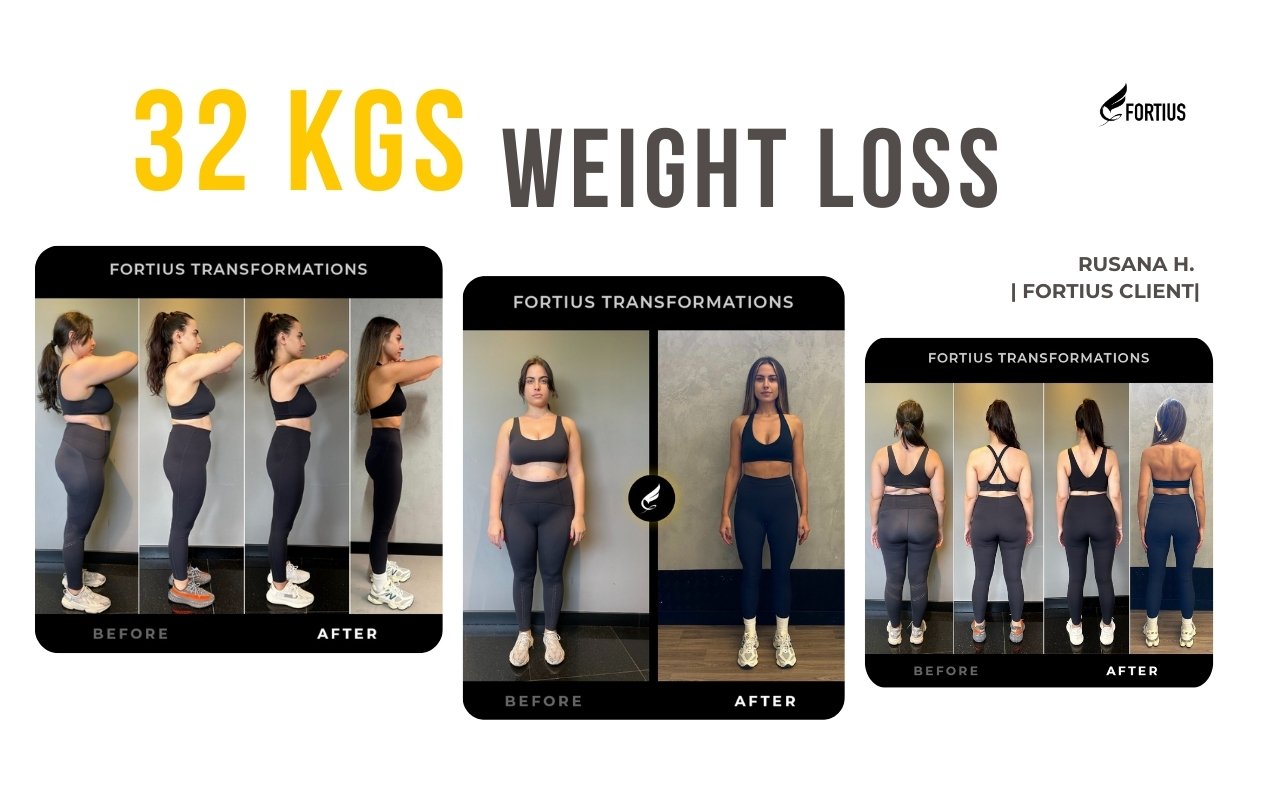The Hidden Impact of Low Vitamin D and Low Protein on Women in Dubai
Understanding the Importance of Vitamin D and Protein for Women
Vitamin D and protein are essential nutrients that play vital roles in maintaining optimal health and well-being, especially for women.
In Dubai, where lifestyles can be fast-paced and sun exposure may be limited, deficiencies in these nutrients are surprisingly common. This blog post explores the combined impact of low vitamin D and low protein intake on women in Dubai, highlighting how these deficiencies can affect your body composition, energy levels, and overall health.
Low Vitamin D Side Effects
Vitamin D deficiency can lead to various health issues, including:
Weakened bones and increased risk of fractures
Muscle weakness and pain
Fatigue and low energy levels
Impaired immune function
Mood disorders, such as depression
Low Protein Side Effects
Inadequate protein intake can also have negative consequences, such as:
Muscle loss and weakness
Slowed metabolism
Hair loss
Skin problems
Impaired immune function
The Combined Impact of Low Vitamin D and Low Protein
When both vitamin D and protein levels are low, the following effects may be amplified:
Impaired Muscle Growth and Bone Health: Vitamin D is essential for calcium absorption, which is crucial for bone health.
Protein is the building block of muscles. Insufficient levels of both nutrients can compromise muscle growth, bone health, and increase the risk of injuries.
Reduced Metabolism and Weight Loss Resistance: Protein plays a crucial role in maintaining a healthy metabolism. Vitamin D deficiency can also negatively impact metabolic processes. Low levels of both nutrients can lead to a slower metabolism, making it more challenging to lose or maintain weight.
Compromised Immune Function: Both vitamin D and protein are essential for a healthy immune system. Deficiencies in both can weaken your body's defenses, making you more susceptible to infections, illnesses and chronic diseases.
Decreased Energy Levels and Mood Disorders: Vitamin D and protein contribute to energy production and mood regulation. Low levels of both can lead to fatigue, low mood, and even depression.
The Link Between Low Vitamin D, Low Protein, and Body Composition in Dubai
At Fortius Dubai, we've observed a recurring pattern during client assessments: low lean muscle mass and high body fat often coincide with low vitamin D and protein intake. This connection highlights the crucial role these nutrients play in achieving optimal body composition.
Factors Influencing Vitamin D Levels
Several factors can influence vitamin D levels in women in Dubai:
Sun Exposure: Dubai's climate encourages spending time outdoors, but cultural practices and concerns about skin health may limit sun exposure, affecting vitamin D production.
Dietary Habits: Traditional Emirati cuisine may not be rich in vitamin D-rich foods, potentially contributing to lower dietary intake.
Genetic Factors: Genetic variations can influence vitamin D metabolism and absorption, making some women more susceptible to deficiency.
Age: As women age, their skin's ability to produce vitamin D from sunlight decreases, increasing the risk of deficiency.
Lifestyle Factors: Busy lifestyles and indoor occupations can limit sun exposure and contribute to lower vitamin D levels.
Sample Low-Protein Day for Women in Dubai
Many women in Dubai unintentionally consume a low-protein diet. Here's an example of what an average low-protein day might look like:
Breakfast: Cereal with milk and fruit
Lunch: Salad with light dressing
Dinner: Chicken and rice
In this scenario, the total protein intake might be around 50-60 grams, which is insufficient for most women, especially those aiming to improve their body composition.
Protein Requirements for Women in Dubai
To achieve the toned "beach physique" many women desire, a protein intake of at least 1.6-1.8 grams per kilogram of body weight is often necessary. This ensures adequate protein for muscle repair, growth, and overall health.
Optimizing Vitamin D and Protein Intake for Women in Dubai
To ensure adequate vitamin D and protein levels, consider the following:
Vitamin D: Spend time outdoors in the sun (while taking necessary precautions), consume vitamin D-rich foods (e.g., fatty fish, eggs), and consider vitamin D supplementation, especially during winter or if you have limited sun exposure.
Protein: Include protein-rich foods in each meal, such as lean meats, poultry, fish, eggs, dairy products, legumes, and nuts. Consider protein supplementation if your dietary intake is insufficient.
Conclusion
Vitamin D and protein are essential nutrients that play vital roles in maintaining optimal health and well-being for women in Dubai. Deficiencies in these nutrients can significantly impact body composition, energy levels, and overall health.
By prioritizing adequate intake of both vitamin D and protein through diet, sunlight exposure, and supplementation, you can support your overall health, enhance your weight loss efforts, boost your energy levels, and improve your quality of life.
Ready to optimize your health and fitness?
Contact us today for a free consultation with our expert team. We'll help you assess your vitamin D and protein levels, create a personalized plan, and guide you on your journey to a healthier, more vibrant you.
Discover More:
The Overlooked Connection: Depression, Vitamin D, Protein, and Exercise in Women
To find out more about our services, check out:
Learn more with the most comprehensive fitness and wellness blog in the Middle East:
#StayStrong
#BeFortius








